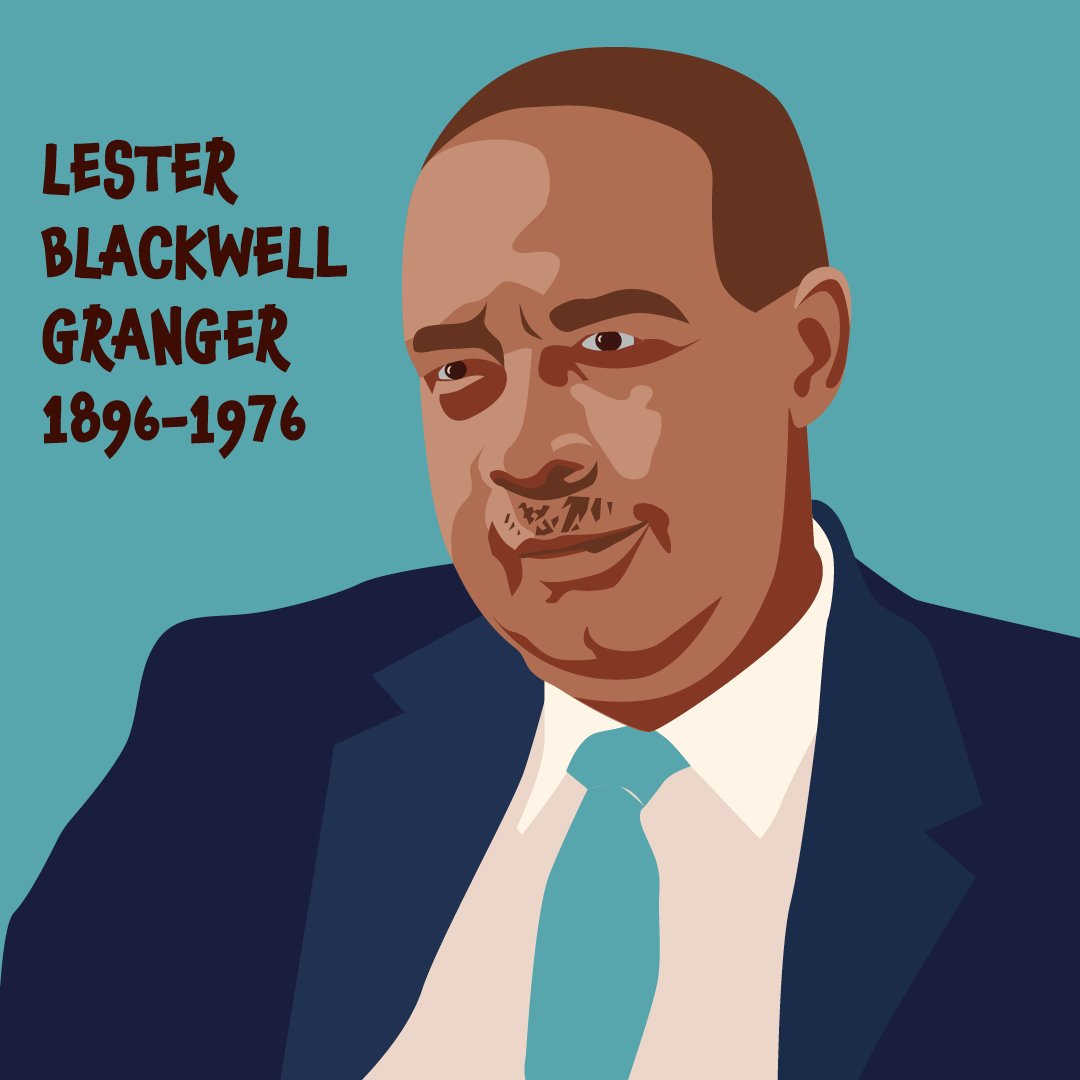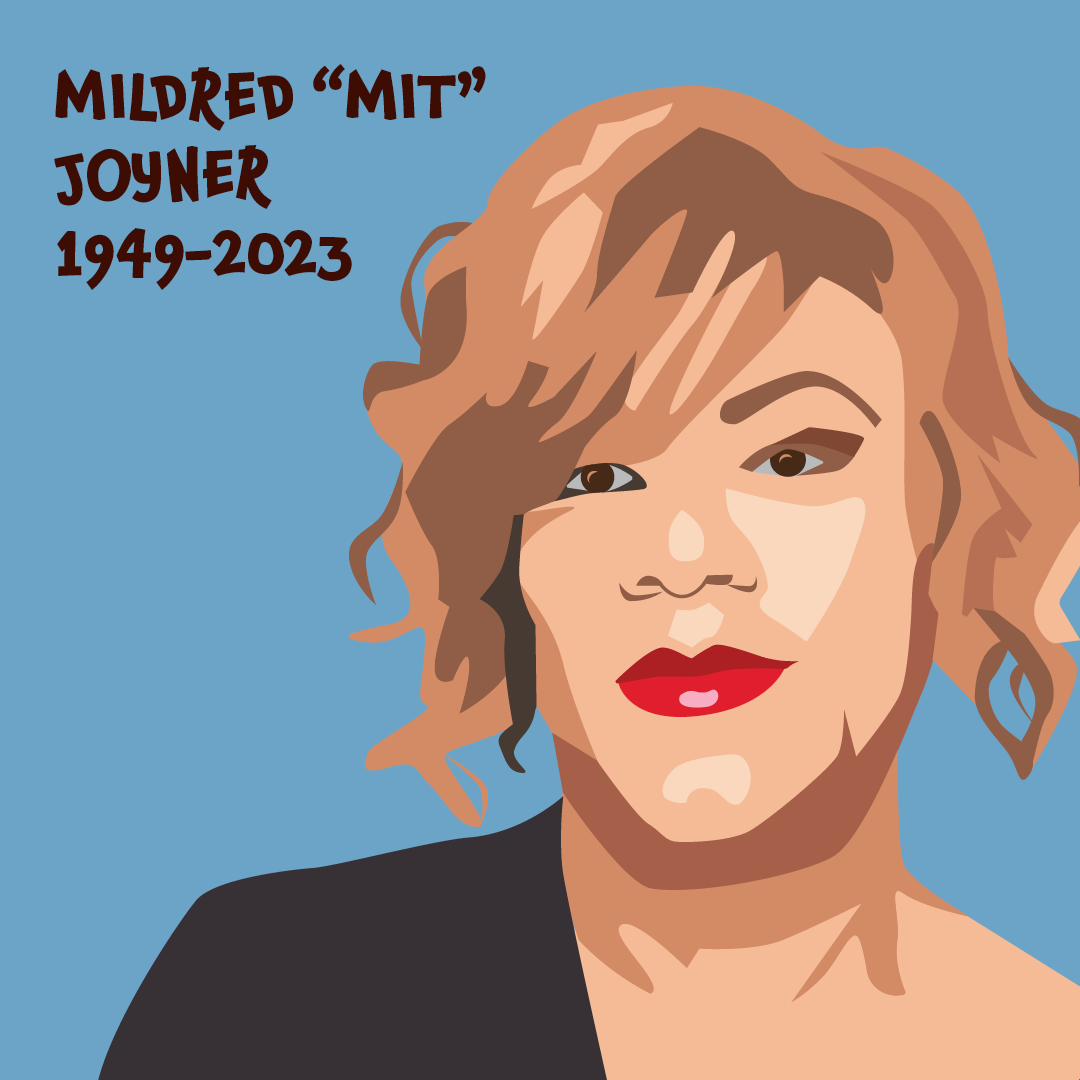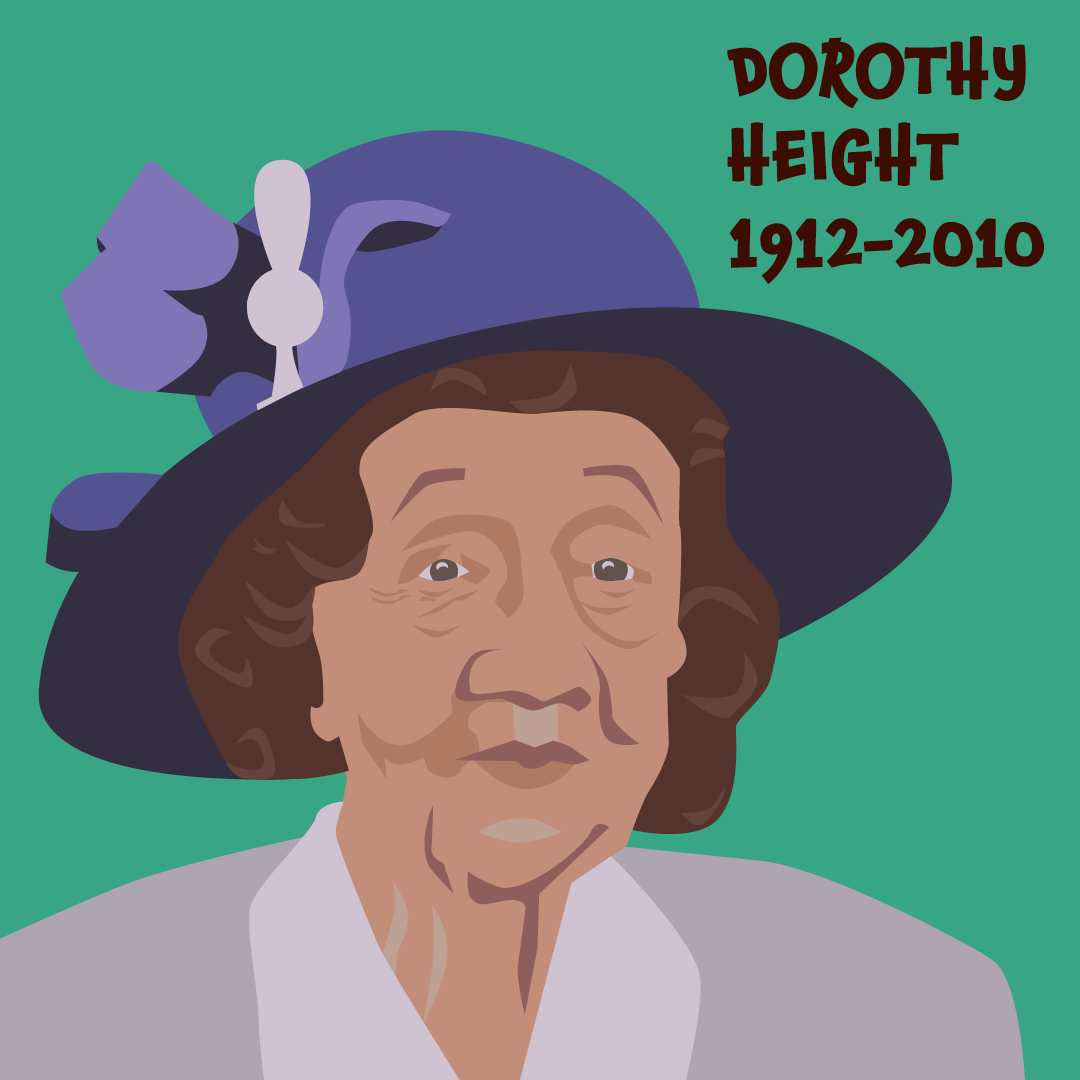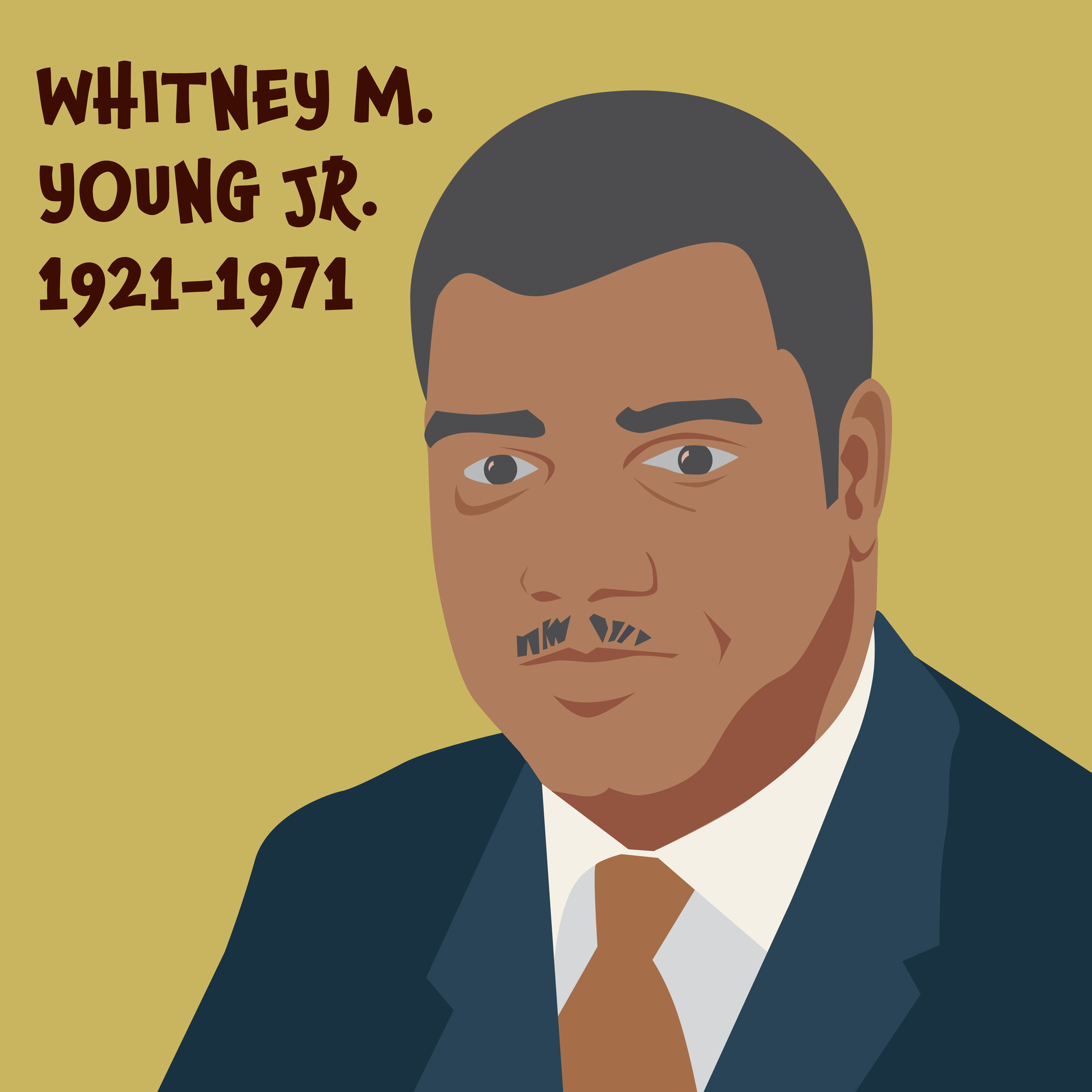Sat, April 20, 2024![]()
Live Webinar
10 am – 12 pm
2 CECs – this program provides 2 hours of content on cultural competence
Registration Fee: $50
10% discount for UConn SSW Alumni and Current SSW Field Instructors
Link will be emailed when your registration is complete.
If you have some experience in working with trans, non-binary clients, yet you feel unsure about how to go about writing the required mental health assessment letter for your clients to access gender-affirming care, this training is for you!
Clients seeking access to gender-affirming healthcare (including cross-hormone treatment and various surgical procedures) are typically required to get referral letters from mental health professionals. Unfortunately, far too often, these individuals struggle with finding providers who feel comfortable writing these letters, which causes barriers and delays in accessing affirming and life-saving treatment.
Far too often, members of this community experience harmful gatekeeping in accessing the affirming and life-saving services they need as a result. In this 2 hour live interactive webinar, you will be given the information you need to be able to provide a referral letter for gender-affirming healthcare, which will leave you feeling confident in providing this valuable service for your clients.
In our time together, you will:
- understand the harms that gatekeeping creates for trans/non-binary clients experience in accessing gender-affirming treatment, and the ways in which we can avoid replicating this in our own practices
- learn about the WPATH Standards of care and understand how to navigate using the SOC in conjunction with insurance policies, physician’s requirements to help write letters that will be successful in getting approvals for gender-affirming healthcare.
- receive up to date information about specific guidelines for clients with Husky/CT Medicaid insurance in accessing gender-affirming healthcare.
- learn tips for advocacy with insurance companies in navigating denials for gender-affirming surgeries.
We will also have ample time for Q&A, to address your specific questions about how to apply this knowledge to your practice.



